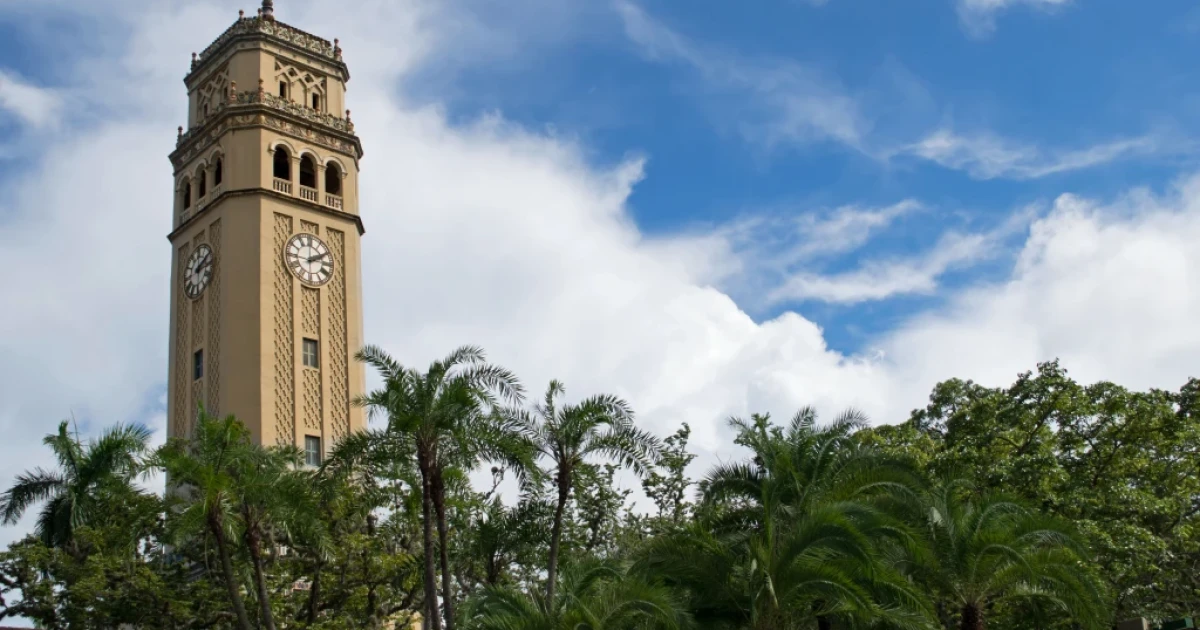Puerto Rico board demands UPR adopt pension reform
3 min read

The Puerto Rico Oversight Board is demanding the financially struggling University of Puerto Rico, which has continued to pay its bonds, adopt pension reforms as part of a plan to gain financial stability.
Board Executive Director Robert Mujica Jr. sent a letter to UPR Governing Board President Ricardo Dalmau Santana last week complaining about UPR’s failure to follow the board’s proposed pension reform plan, which would shift all UPR employees to a defined contribution plan from a defined benefit plan effective July 1.
Those who vested in the defined benefit plan would have their benefits frozen at current levels. The board also wants non-vested and new employees to be eligible only for the defined contribution plan.
AdobeStock
In his letter, Mujica said, UPR shifted only new employees to the defined contribution plan, while the board’s budget assumed savings from the more comprehensive pension reform it recommended.
“To be sustainable, UPR must confront and surmount a number of challenges,” Mujica said, including implementing pension reform.
As of last fall, UPR had $365 million in bonds outstanding. UPR has continued to pay debt service.
While UPR is eligible for bond restructuring, the board and the university have not elected to go that route. Using PROMESA would be considered a bankruptcy, which would end the eligibility for student loans. If UPR students could not get federal loans, it would effectively force the school to shut down.
Bankruptcy might also lead to the university’s loss of accreditation.
A source close to UPR said the school “really didn’t want to go through a Title III [bankruptcy] process.”
The letter to the university “is the latest salvo in an already years-long battle over the university’s unsustainable pension plan,” said Phillip Escoriaza, former general counsel for the university’s Río Piedras campus in San Juan.
The school chose a “solution without buy-in from the board,” which doesn’t meet fiscal plan requirements and would require budgetary support not available, he added.
“Since the board has the tools to direct fiscal policy at UPR, and has launched this shot across the bow albeit short of making threats, the message is clear that the board is not amenable to a [bond] default and the ball is in UPR’s court to return to the drawing board and come up with the type of drastic pension reform called for in current fiscal board UPR policy,” Escoriaza said.
S&P Global Ratings rates University of Puerto Rico bonds CC with a negative outlook, which means it “expects default to be a virtual certainty” at some point.
University of Puerto Rico Political Science Professor José Garriga Picó said the proposal should have been incorporated years ago. “The resistance comes from the pressure labor unions and leftist professors and students who feel it is their ideological duty to defend the defined benefits option at all costs,” he said.
The retirement system is administered by a separate entity, La Junta de Gobierno del Sistema de Retiro UPR, Garriga Picó said. “They constantly clash with the UPR Board of Governors and prevent them from complying with the FOMB.”
Garriga Picó suggested Puerto Rico pass a law ordering UPR and Retiro UPR to implement the board’s pension plan, allocate money to improve the pension system’s financial health, and get a private-sector entity to administer the system.
The University of Puerto Rico administration did not respond to a request for a comment.







